Our Bosnian AirBnB host explained that the restaurant scene in Sarajevo isn’t well established. Most people grow some of their own food and eat at home. There were plum, pear, apple trees and vegetable gardens attesting to that fact all around. And the spectacular fruit market is cheap and exciting. But, she continued, food is inexpensive, so we should explore. Particularly at breakfast, though, even amongst abundant cafes, it was hard to find one that offered food in addition to coffee. Bosnian coffee is served like Turkish coffee, strong, in a small tin serving pitcher with the grinds at the bottom. One option for breakfast are the pies, made with a phyllo-like dough, and filled with meat, cheese, potato, spinach, or– most tasty– pumpkin (zucchini). These are ubiquitous and cost a few bucks, but my favorite bakery was Forino.
The local beer, Sarajevsko, is organic. There is a spring in the complex housing the brewery and it was the only source of fresh water (besides rainwater or melted snow) during the siege, so it is also thought of with great affection.
The best restaurant we went to is a pescatarian place called Karuzo. Decorated with a timeless nautical theme, things take a bit longer here: the chef and owner also acts as the waiter and dishwasher, with the kitchen downstairs. The food was exquisite, and a macrobiotic salad with seitan and seaweed was fresh and clean, with excellent flavors and textures. Stuffed cabbage with tofu was quite good. We were introduced to good wines from Herzegovina, a growing industry that is just entering the export market. And finally, a chocolate apple pie was delicious. My only disappointment was that a trilingual cookbook by the chef had incomplete recipes, clearly untested, lacking notes on the techniques that bring the food to the next level.
We had good meals at an enormous Austro-Hungarian place next to the brewery and good falafel in the old town at Zaatar. In general, the food here is a bit bland and emphasizes meat. When I returned home, all I wanted to eat was Korean, Thai, and Mexican food. Hopefully, stability in the region will increase options.
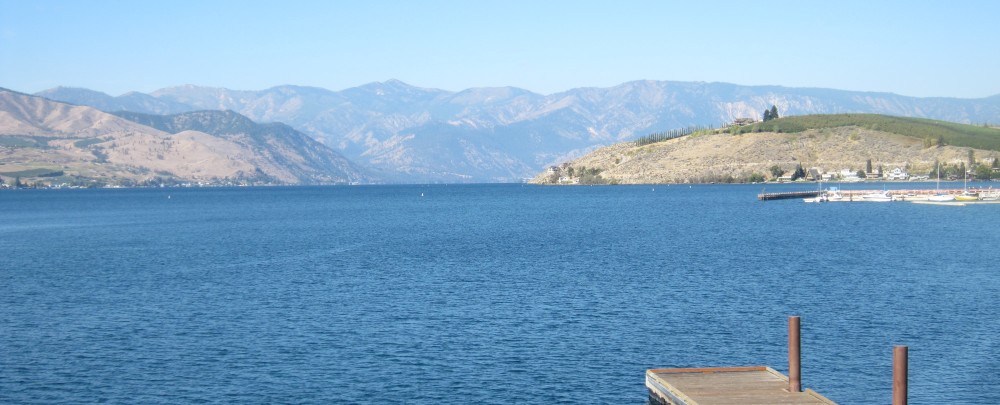
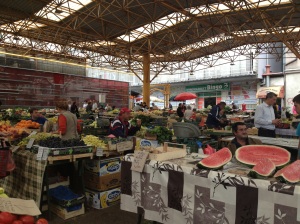

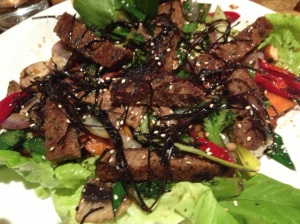
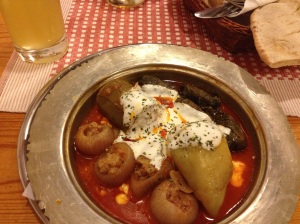
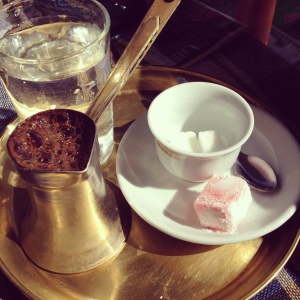
This is the first time I’ve heard of macrobiotic foods! Also, what is that sweet-looking thing you had with your coffee?
Thanks for the reminder to define terms! I cooked at a restaurant in NYC that serves vegetarian, macrobiotic-influenced food, Angelica Kitchen, and never felt healthier. Michio Kushi’s The Macrobiotic Way is considered a classic on the subject.
The sweet thing is Turkish delight, a rose-flavored jelly candy that pairs nicely with the strong coffee: https://en.wikipedia.org/wiki/Turkish_Delight. It has a lovely floral taste, especially when fresh. My colleague tells me it was mentioned in Harry Potter (I brought some back for the office).
I thought it might be Turkish Delight! Also mentioned in Chronicles of Narnia 🙂